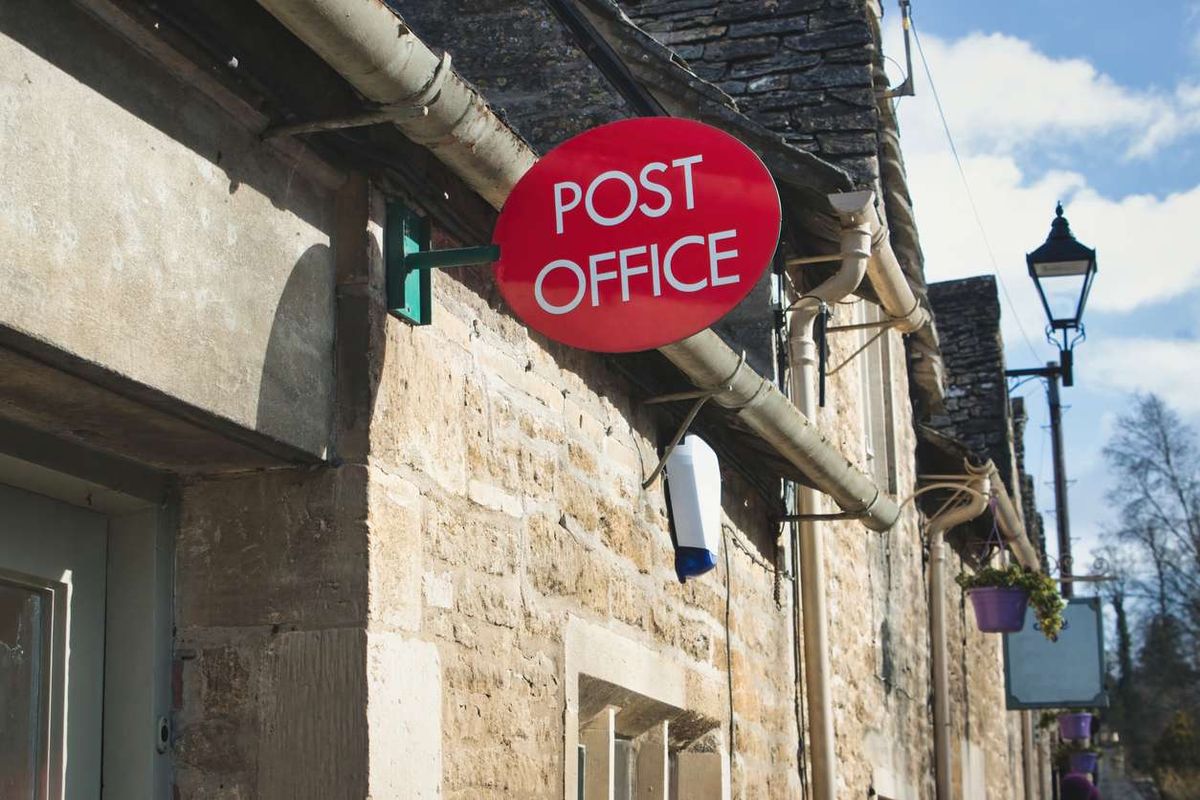The National Federation of SubPostmasters (NFSP) has urged the government to deliver a transparent, long-term funding settlement in this year’s Autumn Budget to protect the future of the UK’s post office network.
In its submission to HM Treasury this week, the NFSP warned that without decisive action, the network faces inevitable shrinkage and a steep decline in rural services. Drawing on evidence from the Post Office Horizon IT Inquiry, its own submission to the government’s Green Paper on Post Office, and member research, the federation said urgent investment is needed to ensure both financial and social sustainability.
The UK’s 11,500 post offices sustain around 50,000 jobs and enable access to essential services such as mails, cash, and government transactions. However, the NFSP noted that the network is becoming increasingly dependent on part-time outreach and drop-and-collect models – trends that could accelerate service erosion, particularly in rural areas.
The federation also highlighted growing commercial pressures, including Royal Mail’s expanded partnership with PayPoint, which it said threatens the post office’s retail and parcel base.
Among its key recommendations, the NFSP called for:
- Maintaining the existing network subsidy for at least five years.
- Establishing a Post Office Modernisation Fund to support remuneration reform, digital transition, and community banking.
- Introducing targeted business rates relief and exemption for all post offices in recognition of their social value.
- Mandating universal access to banking via post offices through legislative change.
- Creating a Treasury-monitored oversight structure, led by the Department for Business and Trade, to ensure transparency and value for money.
According to the NFSP, a stable, multi-year settlement would prevent further closures, support small businesses and high streets, and protect access to essential services - while contributing to the UK’s wider social-value and Net Zero goals.
“A stable settlement with measurable outcomes represents the most efficient use of public funds,” the organisation said, “avoiding costly future bail-outs while underpinning economic resilience and public confidence in a critical and much-trusted national institution.”


